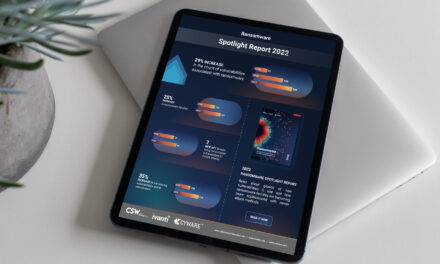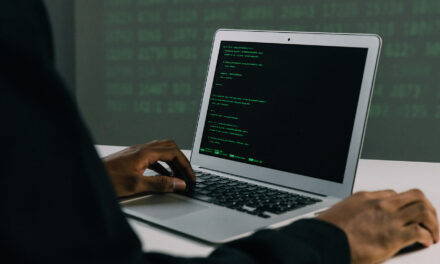Welcome to the new frontier of protecting brand and corporate reputation amid the rising tides of cancel culture and cyber terrorism.
Prominent brands and personalities such as Adidas, Meta, Credit Suisse, Silicon Valley Bank, Elon Musk, and Kanye West all share a common experience: despite their previous successes, their once-unbreakable global reputations were blemished in a snap.
History has thrown up many examples of reputational crises, accruing to political scandals and/or corporate missteps. Reputation risk, be it personal or professional, is often cited as one of the hardest assets to maintain with consistent effort.
So, if you are a leader or an organization — should you be paying closer attention to reputation risks now more than ever?
The link between cyber- and reputational- risk
Technology is another factor that has exacerbated reputation risks. For example, in the Philippines, ransomware attacks in the country surged by 57.4% last year, leading to a similar trajectory for victims: financial loss, reputational damage, and a drop in customer numbers and even stock value, causing further financial harm.
Therefore, an organization’s management of cyber risk is inextricably linked with how it manages reputation risk. Consumers are known to stop engaging with a brand that has suffered a cyberattack — which is why firms should prioritize cybersecurity measures to protect their stakeholders and corporate reputation.
What about Diversity, Equality and Inclusion risks?
The harm to reputation can come not just from external sources, but internally.
For example, the adoption of “preferred pronouns” has gained traction in the workplace, but executives are still responsible for ensuring that all aspects of a company align ethically. This is because just one mistake out of oblivion can cost your reputation. Case in point: Mailchimp’s CEO of 21 years was asked to step down shortly after a controversy arising over an internal staff address on the introduction of preferred pronouns in the workplace.
This signals that organizations should advocate good Diversity, Equality and Inclusion (DEI) policies in the workplace. This will not only attract more talent but also ensure that individuals of different backgrounds can work in one place together and feel safe and empowered to achieve their full potential. Recognizing the importance of DEI, and clearly communicating that importance is a critical element to building trust and a strong reputation.
DEI training should therefore be held for upper management and principal representatives. This can increase employee commitment, productivity and mental health — and ultimately benefit an organization financially.

Leverage data and insights for risk monitoring
Information gets circulated swiftly on the internet, and public opinions made by an organization can easily get misconstrued or turned into fake news. A business known for its high level of integrity may, within seconds of making an insensitive comment, transition into an enemy of the public.
Even a small untruth or unfactual story can gain traction in a very short amount of time. Despite being eventually proved to be false, fake news can incur reputational damage that is difficult to undo.
Moreover, the rise of ‘wokeism’ and ‘cancel culture’ also plays a huge role in misinformation. With public online platforms being a free-for-all, a corporation’s online presence is under heavy scrutiny and is continuously at risk of being on the wrong side of public perception.
This is where organizations have to create a well-grounded persona on all digital platforms. Keeping an eye on public sentiments and insights (sentiment analysis) can help prevent communication faux pas that could damage reputation.
Sentiment analysis also allows organizations to re-adjust their strategy and branding to have a higher appeal with specific or general audiences. So, it would be prudent to equip public relations personnel with the proper analytics and tools in order to minimize the risk of incurring reputational damage.
Reputation is a company asset
Understanding the areas of reputational risk helps prevent potential public relation crises, conserving resources that the business can invest on development and growth.
In today’s digital world, an organization’s reputation not only exists in forgotten newspaper pages, but is indented online forever: in search engines, social media platforms, online forums and news sites. In fact,
most organizational information is also publicly available on the internet, making the digital platforms the very first touchpoint that potential stakeholder will experience with the brand.
Therefore, as reputational risk moves to the forefront, it is imperative that organizations review and monitor their current identity online, offline and internally.





















